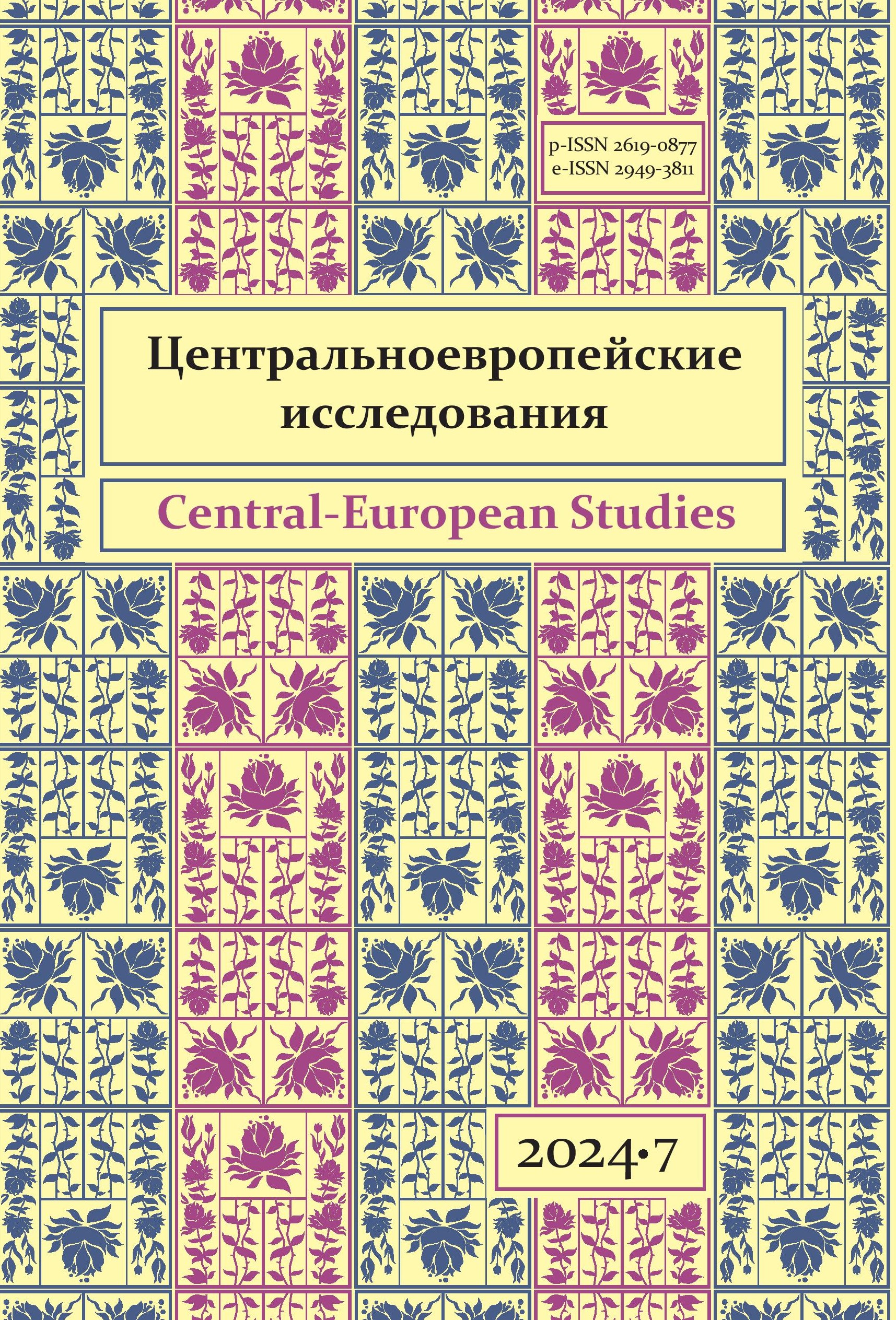Shared Sufferings, Shared Interests, One Hope for Freedom
A Review of Krotofil, M., Michaluk, D., eds. Nationen und Grenzen. Bildung neuer Staaten in Ost- und Mitteleuropa nach dem Ersten Weltkrieg. Göttingen: V&R unipress, 2022. 277 S. (Geschichte im mitteleuropäischen Kontext. Bd. 4)
DOI:
https://doi.org/10.31168/2619-0877.2024.7.14Keywords:
East-Central Europe, nation, statehood, border, identity, conflict, First World War, Treaty of Riga, historiography, criticsAbstract
The article critically reviews the collection of articles with the title “Nations and Borders. The Emergence of New States in Central and Eastern Europe after World War I”. The collection was published in 2022 as part of the series “History from the Central European Perspective”, a platform welcoming academic discussion centred around the medieval, modern, and contemporary history of Poland and so-called Central and Eastern Europe. The articles were written by historians from Poland, Russia, Ukraine, Latvia, and Lithuania. They focus on the “emancipation” of the peoples of the region during and after World War I, when the Russian, German and Austro-Hungarian empires collapsed, and Poland began restoring its statehood. The authors look closely into the formation of statehood and the steps associated with it, that is establishing territories and borders, defining the population and its status / status hierarchy, creating power structures and organisations, and singling out the executive branch and the armed forces. The collection research also delves into national sovereignty and its domestic and external sources. For example, the authors analyse the impact Great Britain, the US, France, Germany, and Russia had on the formation of Polish, Ukrainian, Belarusian, Lithuanian, and Latvian statehood, with the restored Polish state acting both as a participant and as a factor of national and state creation. The author of the review praises the contribution of the collection creators to contemporary Eastern and Central European studies, listing historiographical value as its strength, as it shows that big imperial narratives are being reinterpreted from a national perspective.



